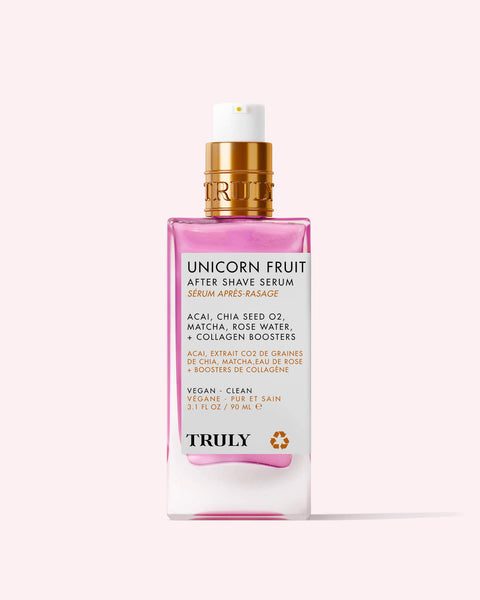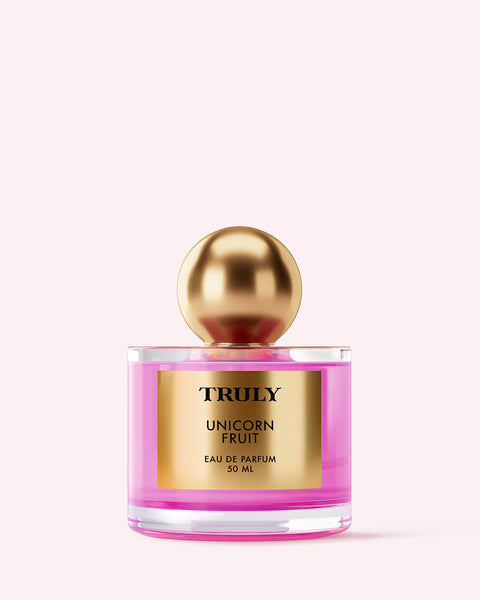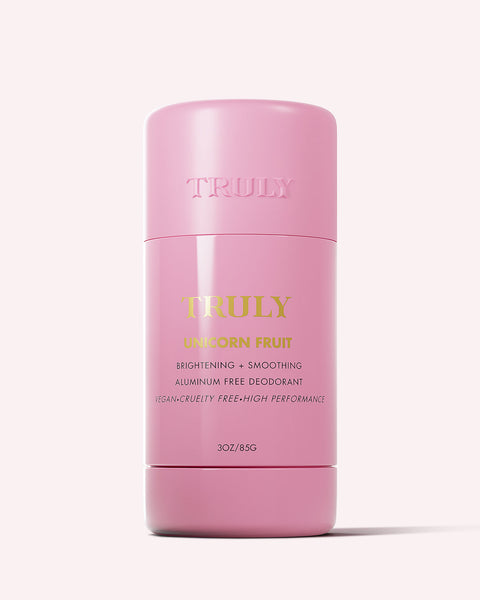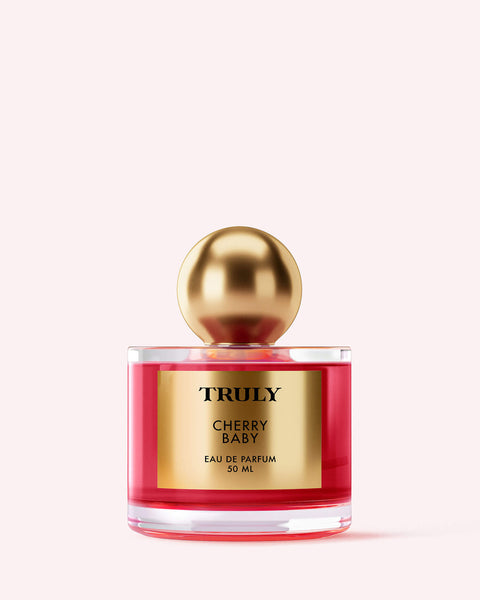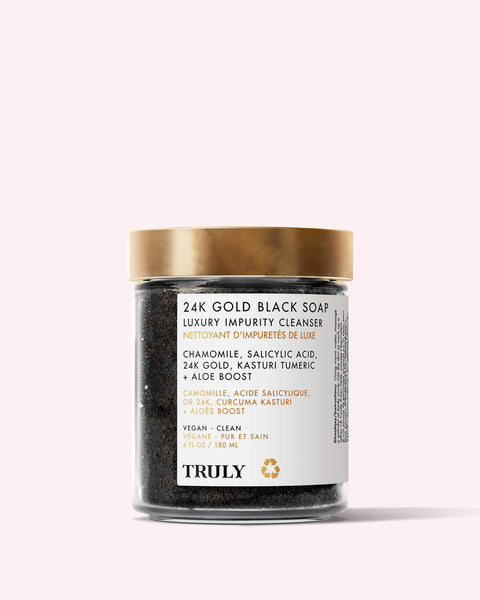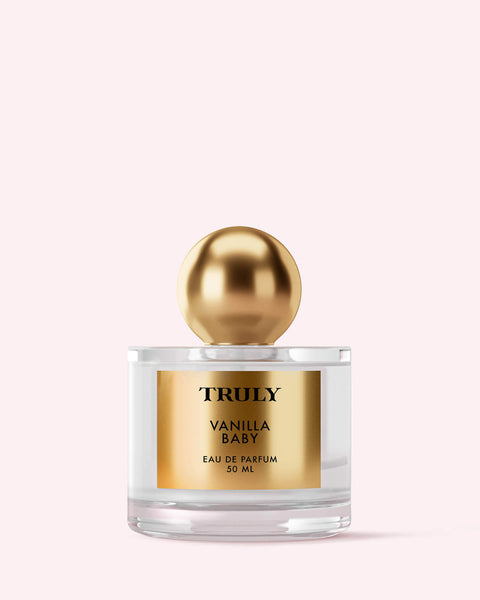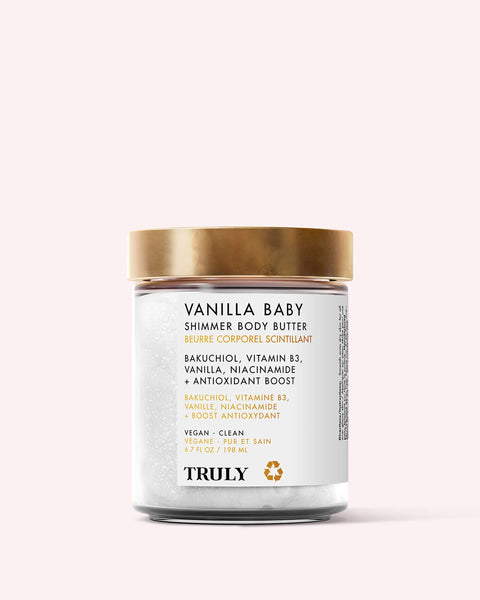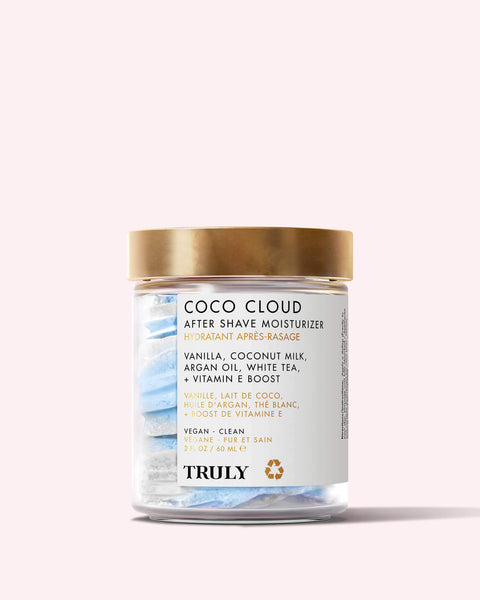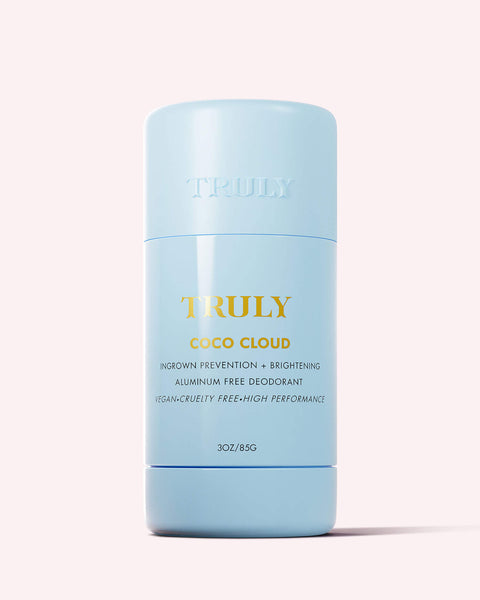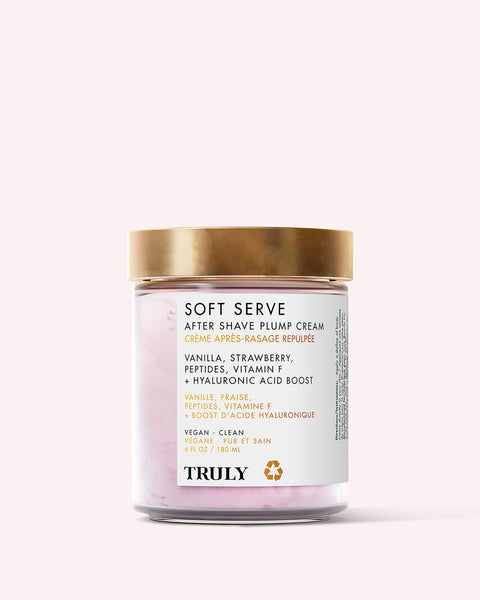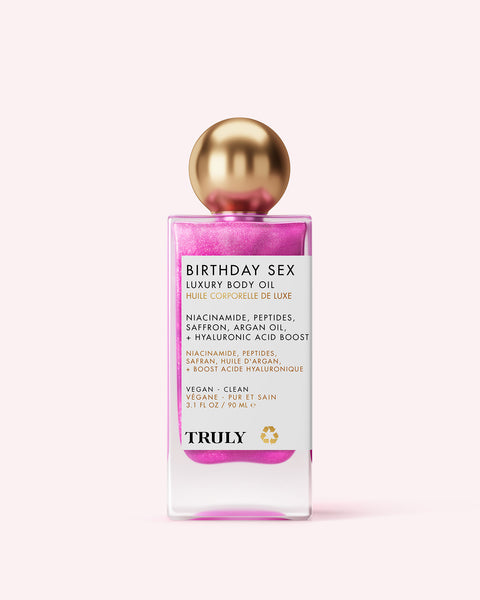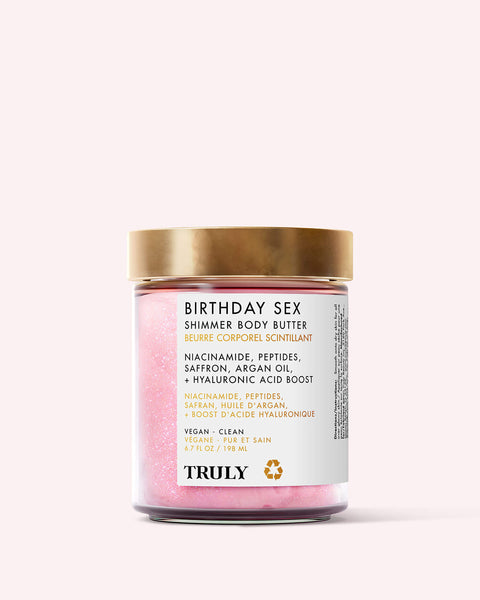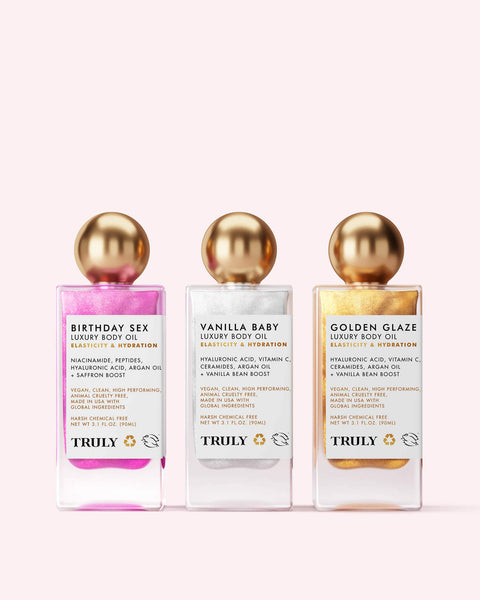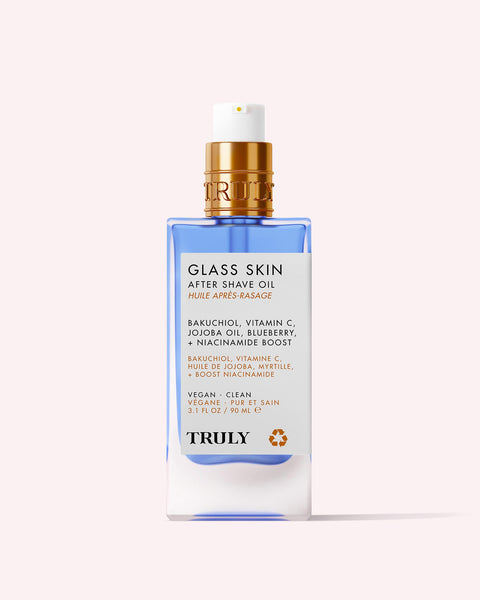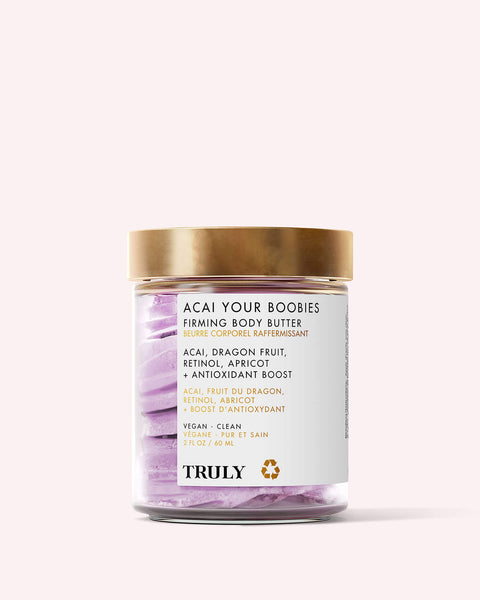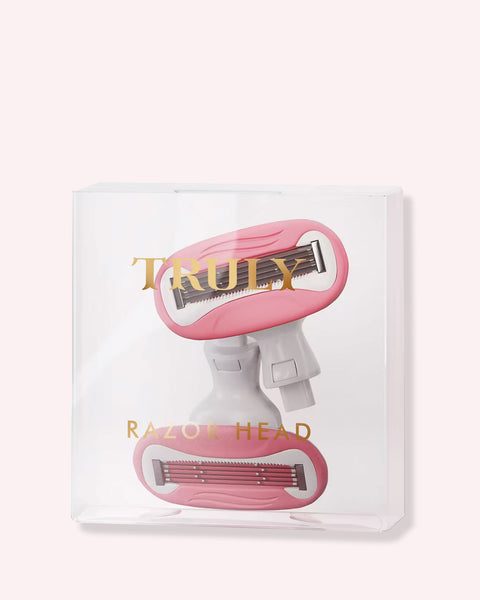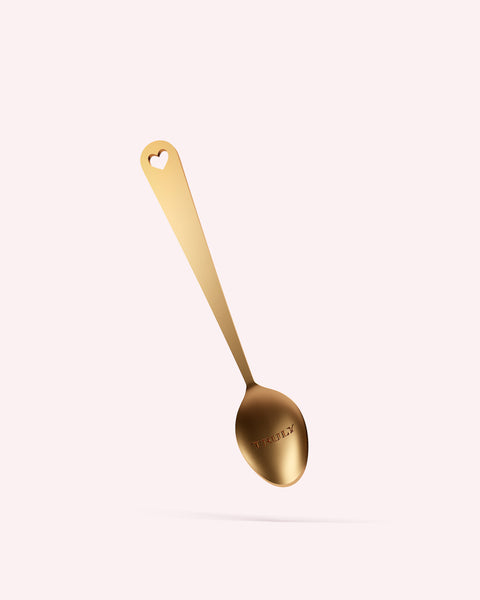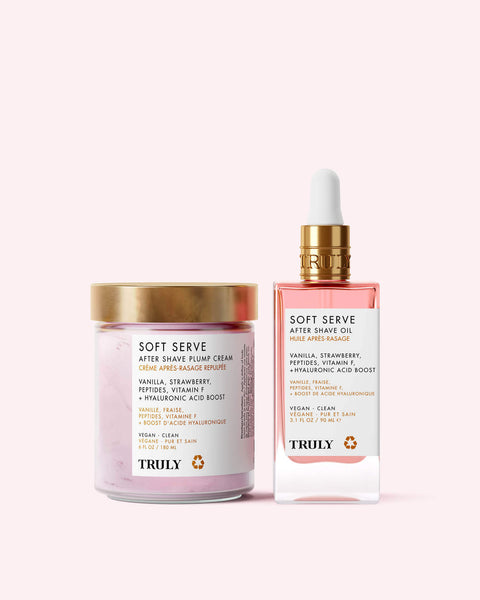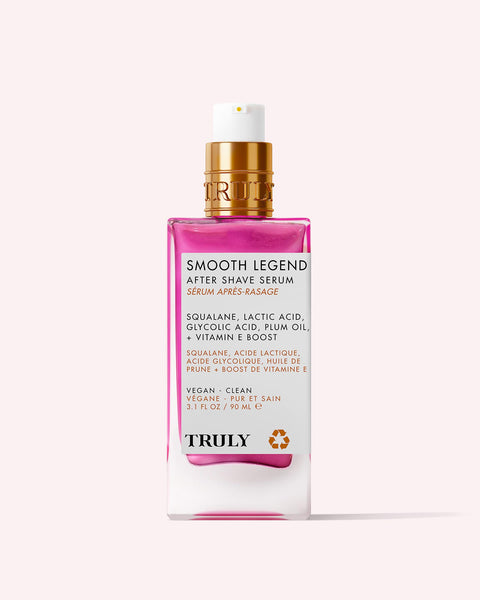How Long Does CBD Stay in Your System?
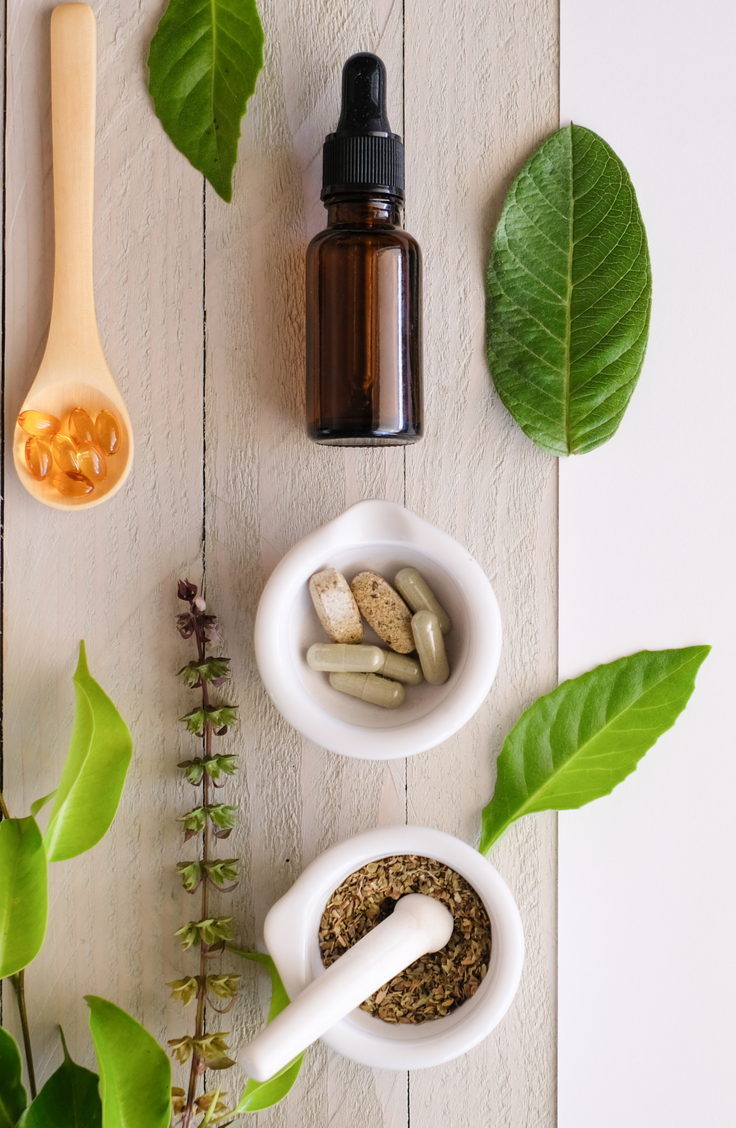
Cannabidiol, more commonly known as CBD, has busted its way into both the medical and beauty industries, toting pain-relieving and stress-reducing benefits, as well as its skin-healing potential. And for many, CBD products (specifically CBD oil) provides an all-natural approach to pain management and anxiety relief and can be used in conjunction with, or in lieu of, traditional medications and/or opioid-based painkillers.
Before investing in a CBD oil, gummies, or vape products, some may wish to know more about CBD and how long CBD stays in the body. Does it interfere with drug testing? And will CBD affect the mind in the same way smoking marijuana or eating edibles does?
Firstly, CBD is a non-psychoactive compound (or cannabinoid) that is derived from the cannabis plant—most often from the hemp variety.
Industrial hemp plants contain less that 0.3% tetrahydrocannabinol (THC), which is the psychoactive cannabinoid in cannabis plants that causes the "high" feeling and other psychoactive effects. Because CBD on its own does not cause a high, it is legal to purchase and consume as part of a daily lifestyle routine.
CBD works by binding to the body's Endocannabinoid System (ECS), which controls mood, sleep, hunger, appetite, and pain reception. Therefore, the introduction of CBD to the ECS helps to manage anxiety, chronic pain caused by arthritis and other conditions, epileptic seizures, and other stress-related/pain-related conditions.
Now knowing how it works, how long does CBD stay within the body?
As AmericanMarijuana.org points out, "there is no definite ‘one-size-fits-all’ approach" to CBD dosing. Even so, science and research has found that it usually takes around five to twenty minutes for the effects of CBD to take hold once ingested. This time can fluctuate depending on a person's daily dose, body weight, as well as a CBD oil's potency, and if the product is high-quality, made with pure CBD, or infused with other cannabinoids, therefore making the product a full-spectrum CBD product.
After you consume your CBD dosage, and after the effects wear off, you may think that the CBD has totally left your system. However, this isn't always true. AmericanMarijuana.org reports that the quantity of CBD reduces as its expelled from the body, but this process actually goes a lot slower than many people would believe.
"According to some experts," the site notes, citing the Expert Committee on Drug Dependence's 40th Meeting Critical Review Report, "CBD takes between three to four days to exit your body completely." Again, this amount of time is dependent on the factors listed earlier, however, CBD will not stay in your system for longer than a week after consumption.
Will CBD affect the results of a drug test?
Usually, employers or authorities that issue drug testing will not be perturbed with the presence of CBD in your system. In fact, the cannabinoid is rarely tested for due to the fact that it does not impair a person's mentality or ability to work or function normally.
But, with that being said, you should always be aware of the amount of THC in your CBD product. Although most CBD oils, tinctures, and vaping products contain less than the legal amount of THC (0.3%), some products may contain more than the legal amount, and these products should be labelled accordingly.
If you consume a CBD product that has a higher level of THC, the presence of this psychoactive cannabinoid can cause a positive result during a drug test. Poorly-manufactured or falsely-labelled CBD products that inadvertently contain trace amounts of THC can also lead to positive results during drug screenings. So, if you're concerned about potential positive drug test results, we recommend you skip ingesting CBD products, especially those that are lower-quality or derived from a non-reputable manufacturer, a week or more before your scheduled drug test.
In order to ensure you're ingesting high-quality CBD that will not test positive or produce a false positive result, stick to CBD products made by reputable brands and that are tested by third-party labs.
Are there specific factors that makes CBD last longer in a person's body?
Yes, as stated by AmericanMarijuana.org, CBD levels within a person's body is dependent of a variety of different factors. Because CBD is fat soluble, it's stowed away in fat cells and metabolized with fat. So, if you work out on a regular basis and metabolize fat at a quicker pace (and have a lesser fat-cell density), your body won't store CBD for as long as those who have more fat cells and metabolize those fat cells at a slower pace.
Furthermore, CBD sticks around for longer periods of time depending on how it is ingested. If CBD is consumed through the lungs via vaping, the effects will appear quickly (in about five to ten minutes), but will exit the body fairly soon after ingesting.
If CBD oil is consumed by being dropped under the tongue, it is absorbed by the mucous membrane and will linger for a good amount of time. When taken orally, edible CBD products and oils will be metabolized in the digestive system, therefore, when taken on an empty stomach, the effects of CBD are felt instantaneously and will leave the body sooner than if taken with food.
And when applied topically, topical CBD (most often used for localized pain relief) is digested and processed slowly, therefore it will stick around in the body for quite some time.
Again, all of these factors are dependent on a variety of different things such as preexisting medical conditions, frequency of use, a person's unique biochemistry, and the amount of CBD ingested at a single time.
As we often recommend, you should talk to your doctor before trying CBD if you're concerned about its side effects or about how long it may stay in your system.
But, if you're already using CBD and are concerned about it showing up on an upcoming drug test, then you shouldn't fear. It's unlikely that CBD will cause you to fail a drug screening. If you're nerves are not settled, then we recommend refraining for CBD usage in the week before your scheduled drug test to ensure false positives do not enter the picture.






